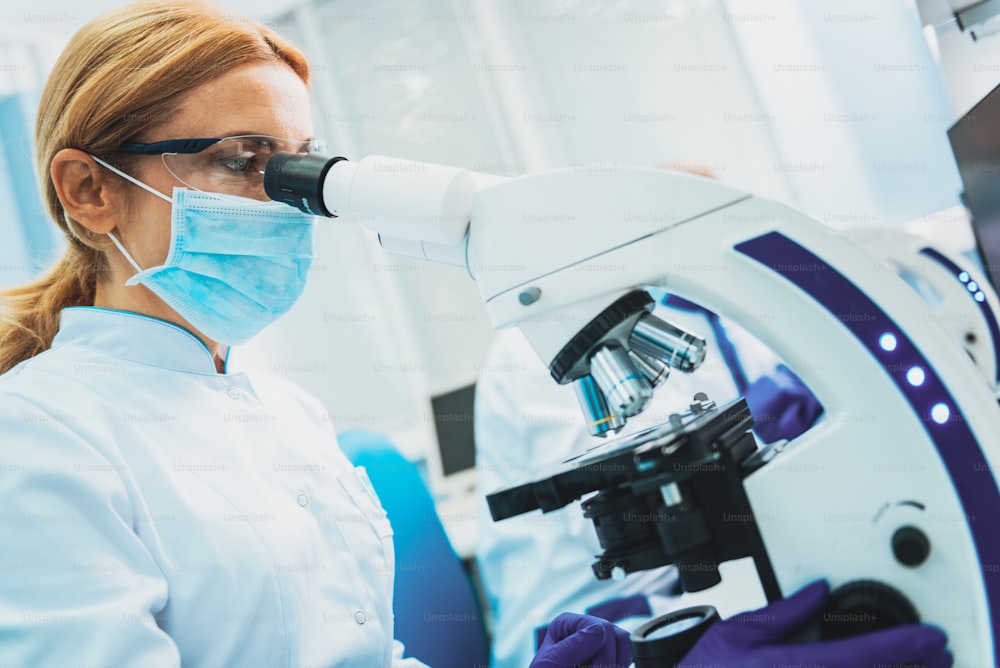We are delighted to share with you our library of resources. You can use the filter feature below to find topics most relevant to your curriculum.
The Theory of Evolution
God in Creation: 'Irreducible Complexity'
The Theory of Evolution was first widely popularised and given a plausible mechanism in Charles Darwin's 'Origin of Species' (1859). We can think of evolution as the mechanism by which all the different forms of life arose from non-living matter, by natural processes.
Over the past 150 years, it has often been argued that evolution can explain the origins of life, including human life, without resorting to belief in a designer or creator. Thus the theory of evolution (which is supposedly a scientific theory capable of being proved or disproved by evidence) has often been co-opted as an argument against faith in God. Michael Behe is a professor of Biochemistry at Leigh University in the USA.

His book, 'Darwin's Black Box', challenges received orthodoxy about evolution at the biochemical level. Behe uses 'black box' as a term for something that looks simple from the outside, but its inner workings - how it does what it does - are mysterious or unknown. Behe says that in Darwin's day, the cell was a black box. The technology just did not exist then to answer questions about how life worked at the biochemical level.
He says that for more than a hundred years, the academic establishment has overwhelmingly accepted Darwin's proposal that life can be explained in terms of natural selection working on random variations, even though the basic mechanisms of life were a 'black box.'
However, in recent years, scientists have come to understand much more about how life works at the biochemical level, and the result is a challenge to Darwin's theory.

In the past, Behe says, scientists assumed that the biochemical basis of life was very simple. But the more they have discovered, the more complicated it proves to be.
The result of discoveries in biochemistry since the 1950s shows that life is based on complicated molecular machines. Behe says that for Darwin's theory of evolution to be true, it has to be able to account for the molecular structure of life - and the purpose of his book is to show that the theory can't do this.
Behe has identified a number of biochemical systems that he says are 'irreducibly complex.'
WHAT IS AN IRREDUCIBLY COMPLEX SYSTEM?
An irreducibly complex system is one made of well-matched interacting parts that all contribute to the basic function. Take any one of them away, and the whole system stops working.
 A mouse trap is an example of an irreducibly complex system: If you take any single part away, the trap doesn't work, and the mouse escapes.
A mouse trap is an example of an irreducibly complex system: If you take any single part away, the trap doesn't work, and the mouse escapes.
Behe says that such irreducibly complex biochemical systems could not be formed by a series of small changes, because the intermediate systems wouldn't work.
In his book, Behe gives a number of examples worked out in detail, including the mechanism of blood clotting, cellular transport mechanisms, antibody defence against disease, and the cilium - a whip-like structure that some cells use to swim with.
How could such complex biochemical systems have been produced gradually? What are the intermediate stages by which they might have developed and how could they have moved from one stage to another?
According to Behe, there are no answers. There is, he says, 'an eerie silence' in the scientific literature about how such biochemical machines developed. There are no academic papers showing how such complex biochemical systems could have evolved by a series of small random changes.
Behe's argument is that the existence of irreducibly complex systems is evidence for design in nature.
INTELLIGENT DESIGN?
The result of massive efforts by biochemists to investigate life at the molecular level is a loud, clear, piercing cry of 'design!' He goes on to say that the conclusion of intelligent design flows naturally from the data itself, and not from what he calls 'sacred books or sectarian beliefs.'
It is important to note that the argument from irreducible complexity is not the same as an argument that evolution does not happen.
Of course, Christians remain deeply divided between a literal 'Creationist' understanding of Genesis and a metaphorical 'theistic evolution' understanding. Rather, this is an argument that whether or not evolution happens, intelligent design is needed to account for the way we are made. The irreducible complexity argument is an argument against the kind of un-directed, random evolution that has so often been used to rule out belief in a designer and creator.
It is also important to understand that, whereas the anthropic principle is widely recognised by cosmologists and physicists, the argument from irreducible complexity is largely the work of one man, and has not been widely accepted by biologists and biochemists.
These pages have been produced by David Couchman MA (Cantab), MSc. The material is taken from the Facing the Challenge course and is used with permission.
